Welcome
I started this blog in 2013 to share my reflections on reading, writing and psychology, along with my journey to become a published novelist. I soon graduated to about twenty book reviews a month and a weekly 99-word story. Ten years later, I've transferred my writing / publication updates to my new website but will continue here with occasional reviews and flash fiction pieces, and maybe the odd personal post.
|
Earlier this month, I met my “challenge” of reading 100 books this year. You can see them pictured above, beginning with my most recent read. Why not join me in reviewing the balance (or otherwise) of fiction versus non-fiction, type of publisher and percentage of translations versus English-language originals?
4 Comments
If it’s irritating for novelists to be told by friends and acquaintances that they too could write a novel if they weren’t so busy doing more important things, then think how it must be for poets. Anyone with even a passing interest in words, or emotions, is likely to have composed a poem at some point, whether inspired by a sense of occasion or adolescent angst. You don’t even need a pen or a keyboard when you can juggle those lines in your head.
As far as I’m concerned, the welfare of babies and young children is a collective responsibility, so I offer no apologies for linking these three books. The first is a historical novel that begins with a fascinating account of the experience of a wet nurse in nineteenth century Spain, before moving on to the adult lives of the princess who had first turn at the breast and her milk brother, the woman’s own baby. The second is a contemporary novel set a century later, about a young American woman working as a nanny to a Japanese toddler. Both novels show the strength of attachment we can have to other people’s offspring. The third book is an uncompromising and moving memoir about a young Englishwoman who becomes pregnant as a student and decides to keep the child. Finally, because a baby is a kind of harvest of the womb, we finish with this week’s flash.
Life’s tough on the fringes of society, perhaps particularly if you’re female. Not only have you your own vulnerability to contend with, but the projections of others who feel safer dwelling on your difference than on your similarity to them. Let me take you into the worlds of three such fictional females: The Parcel is harrowing novel about sex workers in Bombay; Dance by the Canal is a lighter novella about a homeless woman in East Germany; my recently published short story, “Ghost Girl” is about an African girl with the wrong colour skin.
When I studied the psychodynamics of organisations, I learnt to be sensitive to how a social system responds to potential new members. Are they welcomed into the throng, no questions asked, or are they treated with suspicion, kept at a distance until they have demonstrated they’re “one of us”? No wonder “the outsider” crops up frequently in fiction, and where better than in the family which, with its own highly-developed and defended culture, is a social system in microcosm. So these two novels, the first set in India and the second in the USA, about what happens when a young woman joins a privileged family, appealed to me at the outset. They did not disappoint.
Apart from featuring supernatural rescues, these two novels have very little in common. But since I rarely read anything that takes me away from the rational, that’s enough to pair them in a post. While in A Jigsaw of Fire and Stars the spirits of the drowned migrants – plus a magic flute and a clutch of snakes – are firmly on the side of the good guys, the miracle cure in Fever Dream has a be-careful-what-you-wish-for flavour. Intrigued? Read on!
After reading The Things We Thought We Knew shortly before its publication back in June, I decided to hang back for another novel on psychosomatic illness or acquired disability with which to pair my review. But picking up The Burning Girl more recently, I was struck by the commonalities between these two novels, not only in the obvious sense of a girl in her late teens looking back on an intense friendship, but in the depth of disturbance resulting from its loss. As happened when I coupled two novels on male infidelity, discovering the similarities enhanced my appreciation of both. While neither pairing uncovered themes of particular personal relevance for me (which can enhance my enjoyment), the fact that they matter sufficiently for more than one author persuades me that other readers might find more to savour. Do let me know if that applies to you!
With my shameful disregard for non-fiction, I glean many of my facts from fiction. So I was delighted to receive advance copies of two debut novels published this month that I hoped would extend my knowledge of shameful periods of Australian and Scottish history that still resonate to this day. Lucy Treloar and Mhairead McLeod have woven engaging stories around historical facts of land appropriation in the 19th century. Although my reviews focus more on the psychological aspects, these novels clearly articulate the socio-political context of the European colonisation of Australia in Salt Creek and the Highland Clearances in The False Men.
|
entertaining fiction about identity, mental health and social justice
Annecdotal is where real life brushes up against the fictional.
Annecdotist is the blogging persona of Anne Goodwin:
reader, writer, slug-slayer, tramper of moors, recovering psychologist, struggling soprano, author of three fiction books. LATEST POSTS HERE
I don't post to a schedule, but average around ten reviews a month (see here for an alphabetical list), some linked to a weekly flash fiction, plus posts on my WIPs and published books. Your comments are welcome any time any where. Get new posts direct to your inbox ...
or click here …
Popular posts
Categories/Tags
All
Archives
March 2024
BLOGGING COMMUNITIES
|
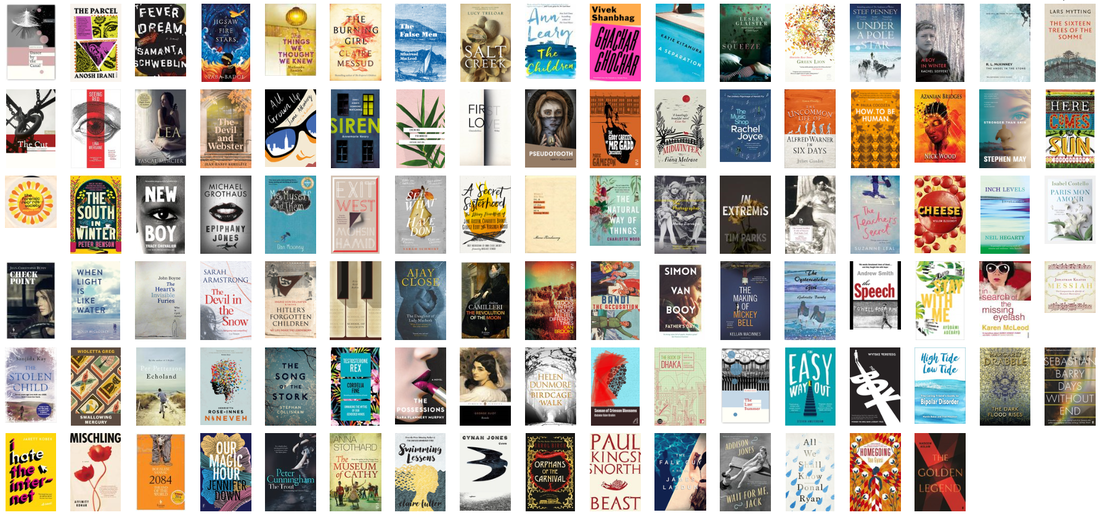

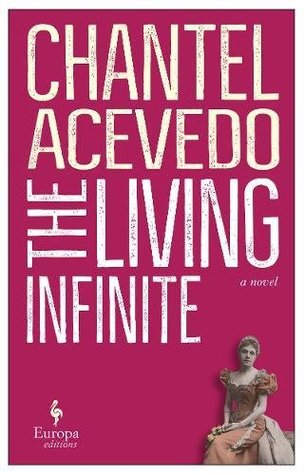
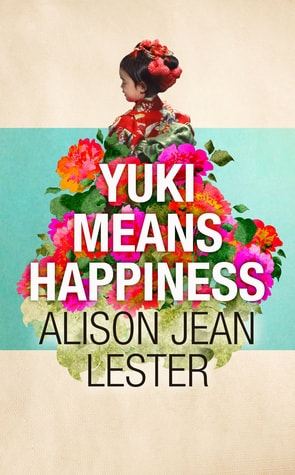
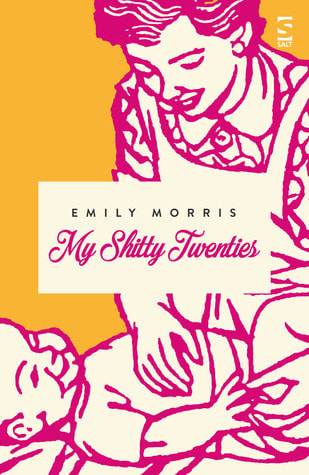
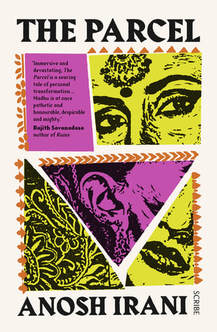
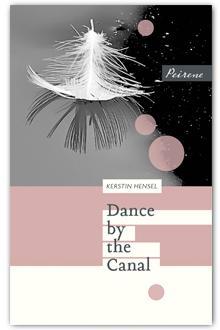
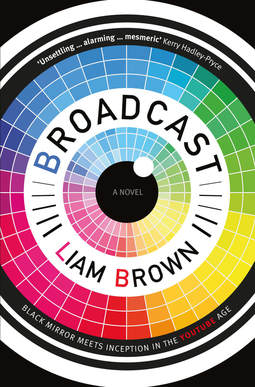
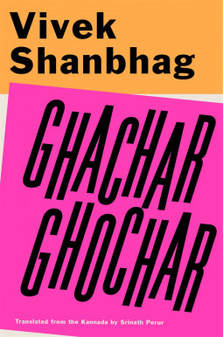
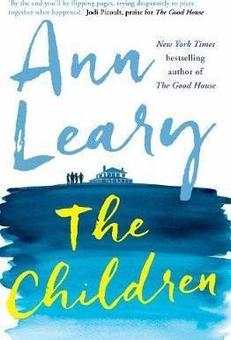

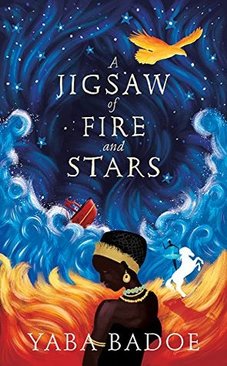
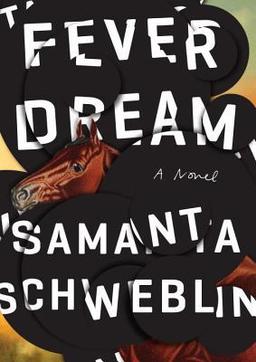
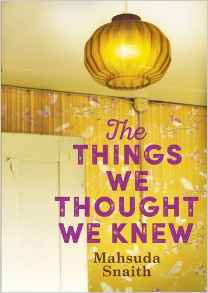
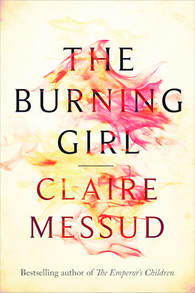
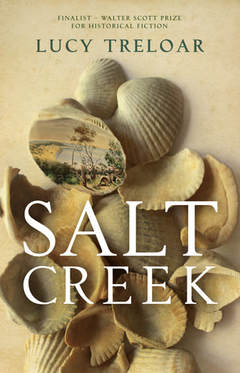
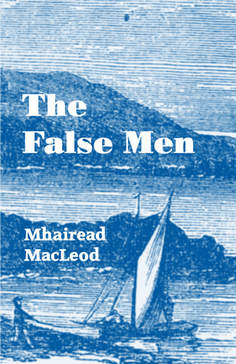





















 RSS Feed
RSS Feed





















